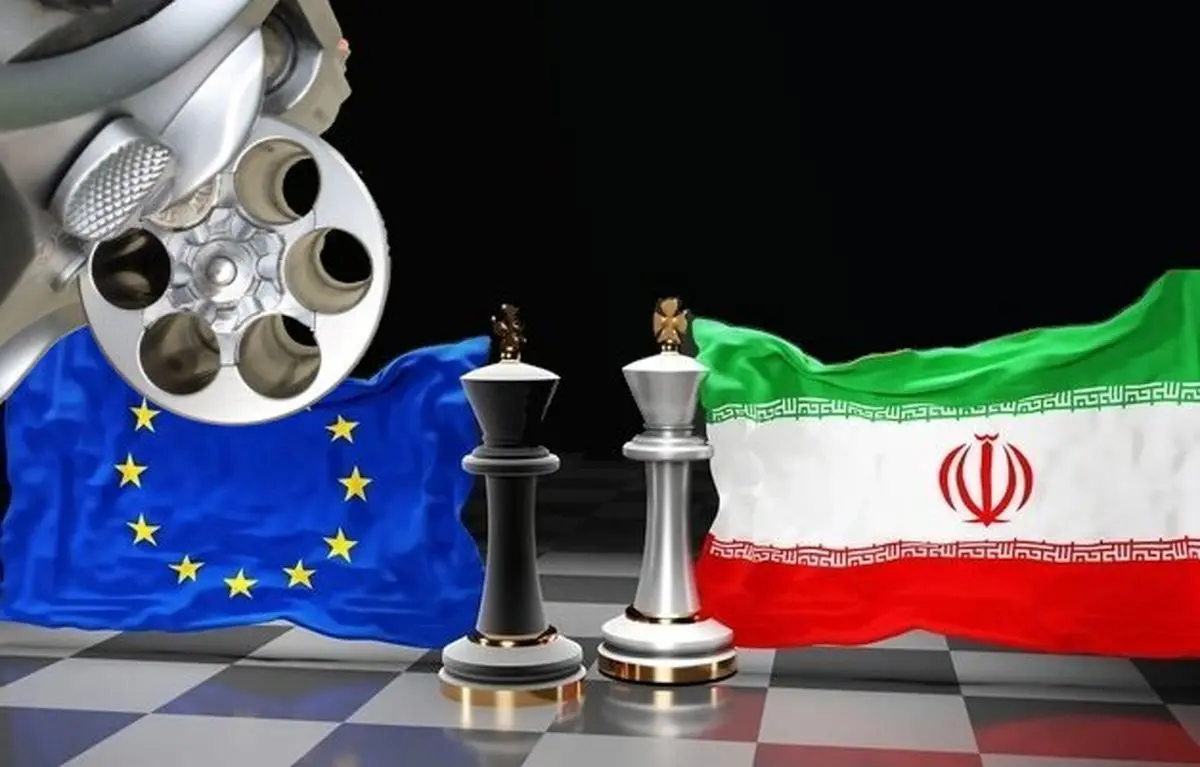SAEDNEWS: Iran’s recent hosting of the IAEA deputy chief is seen as a key opportunity to advance nuclear negotiations before the JCPOA expires, with experts emphasizing a balanced cooperation framework that safeguards Iran’s enrichment rights.

Morteza Maki, an international affairs expert, told Etemad Online that the recent visit of the Deputy Director-General of the International Atomic Energy Agency (IAEA) to Tehran holds significant importance and could signal a path toward reopening negotiations and finalizing remaining agreements on the JCPOA, especially as the deal is set to expire in October. He noted that European powers had previously warned that if their demands are not met one month before the expiration of Resolution 231, they would activate the “snapback” mechanism.
He added that, on one hand, Europeans emphasize that Iran must resume cooperation and engagement with the IAEA; on the other hand, if a new framework for cooperation between Tehran and the Agency is established, it could provide a basis for negotiation and discussion on the details of Iran’s nuclear program.
Regarding the nature of this cooperation framework, Maki said it is highly sensitive and important, given that Iran has faced significant pressure from the IAEA over the years—particularly before Israeli attacks that led to a resolution against Iran and halted negotiations. Tehran has stated that it is not willing to easily share vital information with international bodies; therefore, the framework must be designed to allow verification of nuclear activities while ultimately leading to a comprehensive agreement on the nature of Iran’s nuclear program.
When asked how Iran might respond to European threats to trigger the snapback mechanism and the U.S. insistence on zero enrichment, Maki explained that multiple ideas have been proposed. For example, Iran could insist on maintaining its enrichment rights while agreeing to temporary suspension periods of enrichment activities as part of an agreement to allow time for negotiations. Such measures could form the basis of a logical and balanced agreement.
In conclusion, Maki emphasized that if Western parties genuinely seek a sustainable and acceptable agreement on Iran’s nuclear program, they should refrain from using pressure tools such as limiting missile programs or interfering in regional issues. Iran’s serious steps toward compromise and cooperation ultimately demonstrate Tehran’s willingness to reach an agreement. This visit and its outcomes will provide a clear response to the will and decisions of Western parties and could pave the way for a clear roadmap for future cooperation between Iran and the IAEA.

